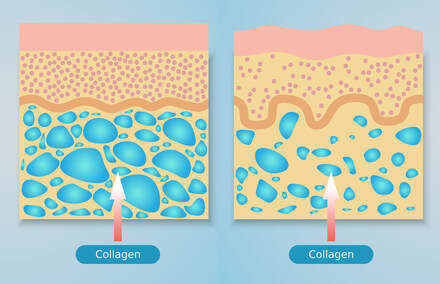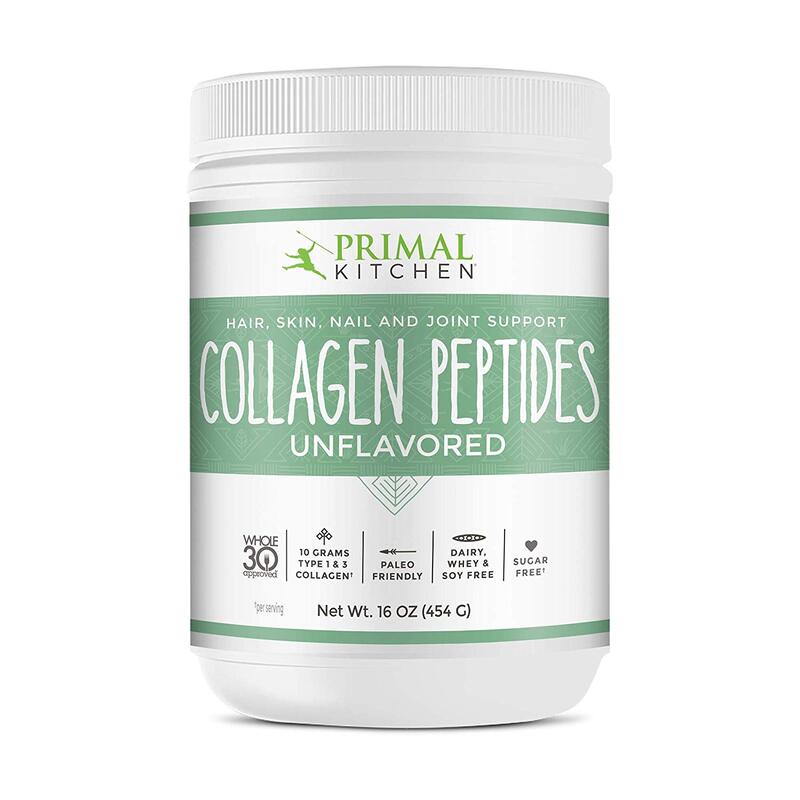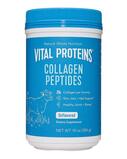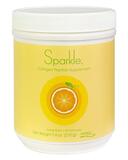Collagen Supplements: Helpful or Hoax?
What is collagen?
Collagen is the most abundant protein in the human body. It occurs throughout your body, but especially in your bones, muscles, skin, and tendons. There are at least 16 different types of collagen with different structures and functions.
Fun fact: The structure of type 1 collagen makes it uniquely capable of being stretched.
Gram-for-gram, it is stronger than steel!
Gram-for-gram, it is stronger than steel!
What damages collagen?
Your natural collagen production decreases with age but some factors can further deplete the levels of collagen within your body and hair:
Following a healthy diet and exercise regime can help protect collagen, keeping your skin, bones, muscles, and joints healthy for longer.
Is it possible to replenish collagen using supplements?
|
In the United States, collagen became best known in the 1980s as an expensive injectable filler to plump lips and soften lines. Only in recent years have companies begun to market collagen as a supplement, and come up with many appetizing ways to take it, including flavored-powders, and easy-to-swallow capsules.
|
But conversations about the efficacy of collagen supplements are mixed in the medical community. Some small studies suggest that ingesting collagen may have benefits, but the evidence is far from definitive, and marketing claims may have gotten ahead of the science.
For example, did you know that most collagen supplements on the market are sourced from animal hides, bones, and fish scales? Mark Moyad, author of The Supplement Handbook: A Trusted Expert's Guide to What Works and What’s Worthless for More Than 100 Conditions, says “I think the elephant in the room here is safety. We are talking about ground-up fish, chicken, pig, and cow parts, and these parts tend to act as sponges for contaminants and heavy metals.”
|
In 2016, the FDA prohibited the use of some cow parts in dietary supplements to “address the potential risk” of BSE (commonly known as Mad Cow Disease - human consumption of BSE-infected meat has been linked to neurological disorders.) The FDA exempted gelatin -- a key collagen source -- from the ban, “as long as it is manufactured using specified industry practices.”
|
Supplements are also not classified as drugs, so any claims regarding their efficacy do not need to be scientifically proven. However, some manufacturers are providing research to support their claims. Minerva Research Labs Ltd funded a study that found women who took 1 gram per day of their chicken-derived collagen supplement for 12 weeks had 76% less dryness, 12% fewer visible wrinkles, better blood flow in the skin, and a 6% higher collagen content.
Another small study of 69 women ages 35 to 55 found that those who took 2.5 or 5 grams of collagen daily for 8 weeks showed a lot of improvement in skin elasticity, compared with those who didn’t take it.
This study showed another product that includes collagen as one of many ingredients appears to improve hair growth, although it’s difficult to say what role it might play in that mixture.
This study showed another product that includes collagen as one of many ingredients appears to improve hair growth, although it’s difficult to say what role it might play in that mixture.
Despite the lack of significant evidence, the potential health benefits from collagen are intriguing. Elizabeth Bradley, MD, Medical Director of Cleveland Clinic’s Center for Functional Medicine says “Your body has been making collagen your whole life. Products to boost your collagen levels may be helpful, but first consider if your body needs more.” Dr. Bradley says if you’re eating a healthy diet and feeding your body the nutrients it needs to make collagen, you probably don’t need a supplement.
Pairing protein-rich foods with Vitamin C boosts your body’s ability to make collagen naturally. Look for recipes that combine beef, pork, chicken, fish, beans, or eggs with citrus fruits, red and green peppers, tomatoes, broccoli or greens. Fruit gelatins are also a great combination of collagen producing protein and Vitamin C.
Dr. Bradley does acknowledge that as you age, your body may no longer absorb nutrients as well or synthesize them as efficiently.
If you believe you may benefit from a collagen supplement, look for companies that get their bones and tissues from cage-free, free-range, and antibiotic-free sources. Look for a trusted brand with a third-party label, like NSF or USP. And steer clear of mixtures that combine collagen with probiotics, fiber, or other additives, which could interact with the collagen and change how well it works. Here are a few popular options:
*Collagen supplements can have side effects, including digestive upset and the risk of an allergic reaction, particularly for those with seafood allergies.
At Vantage Salon we take pride in providing our community with professional recommendations on products and tools to support healthy hair practices. We receive a small commission on the items we recommend. Your support encourages us to continue to expand our education and build on our mission to provide relevant content and services to our valued guests and followers.














